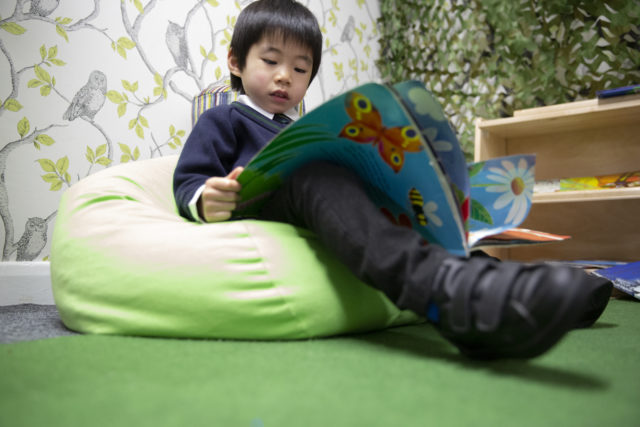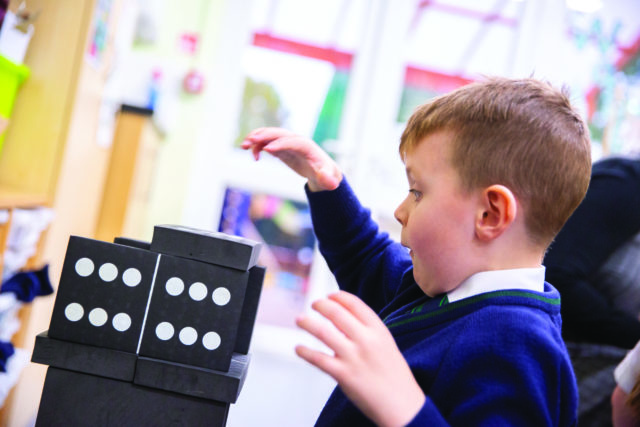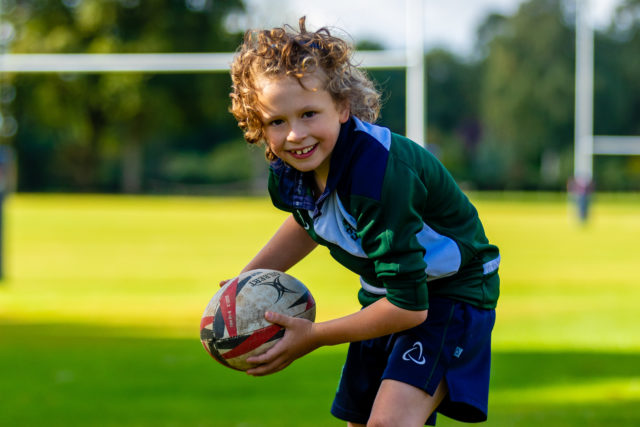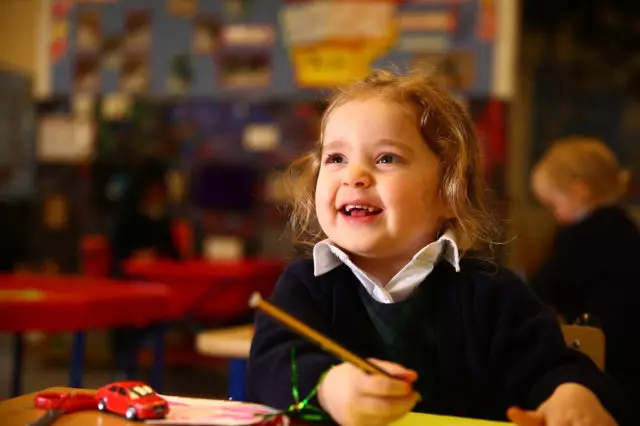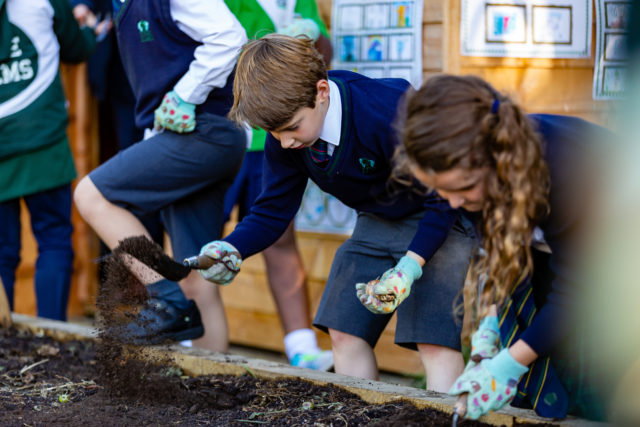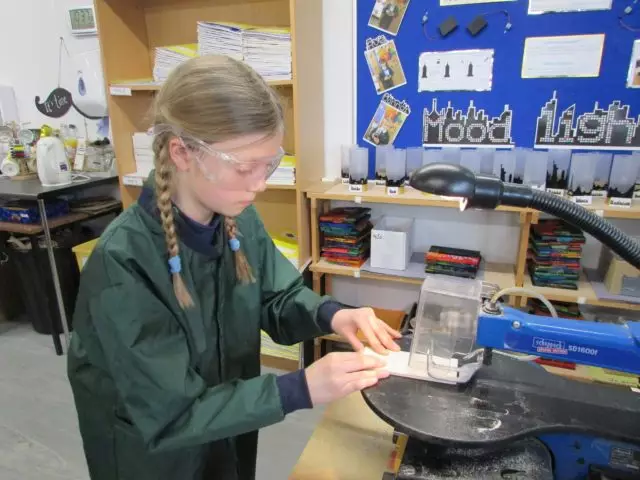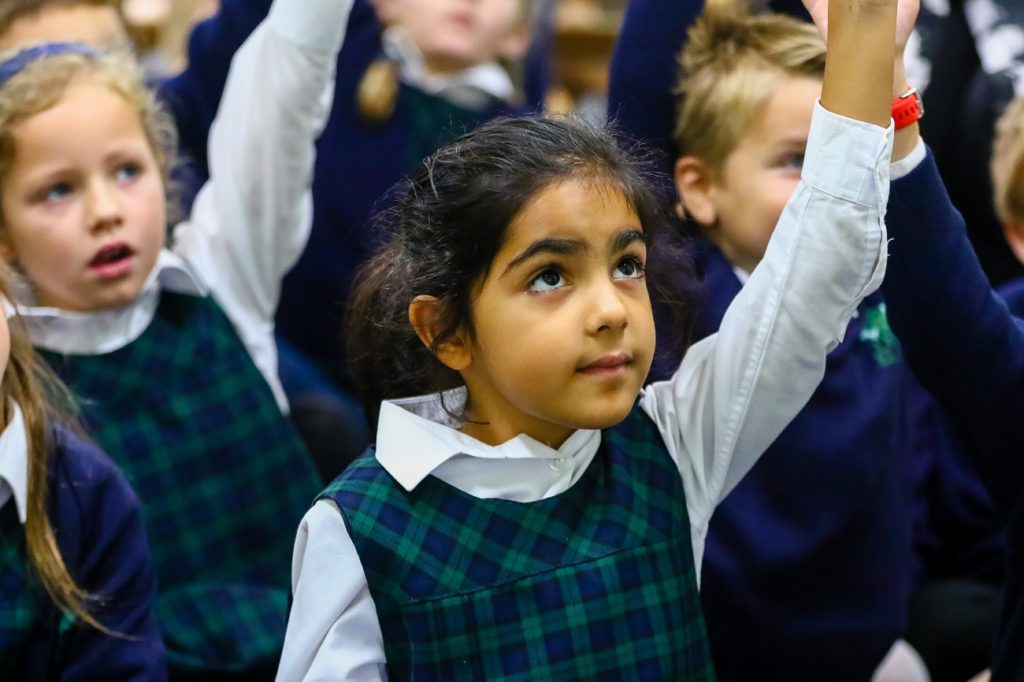
“One language sets you in a corridor for life. Two languages open every door along the way.”
Frank Smith (Psycholinguist)
In Pre-School, children are still learning about the world we live in. Their capacity for learning at this age is high, which makes it an ideal time to begin learning a second language. “The younger you start, the better,” Mrs Billingham says. “Children are like sponges – they soak up knowledge. Language acquisition comes naturally at a younger age because children are still getting to grips with their native language.”
Five Benefits of Learning a Second Language as a Child
- Improved English language skills – Whether you are learning French, German or English, the principles of language learning are the same. As your child is taught to construct sentences and use language for purpose, they are strengthening skills that can be applied to all languages.
- A passion for language learning – Introducing your child to a second language could nurture an interest in languages that endures throughout the school journey and into adulthood.
- Enhanced social and communication skills – In primary education, the main focuses in language learning are listening and speaking. These areas are developed through conversation with teachers and classmates.
- Transferable skills that boost academic performance across the curriculum, such as the ability to problem solve and think critically.
- A broader future – When it comes to applying for leading universities and the competitive job market, speaking a second language is a highly sought-after skill. It also offers career opportunities across the world.
Previously, pupils were introduced to three modern foreign languages during their time at The Elms. In 2020 a revised Modern Languages curriculum came into force with French as the focus and opportunities to explore Spanish and German still accessible to enthusiastic linguists through the school’s enrichment programme.
“The decision to focus on French has allowed our pupils to benefit from more advanced language learning,” Mrs Billingham explains, “It is much more motivating for a child to see themselves progress in one language from Pre-School to Year 6 than to begin an entirely new language from scratch in Year 4.
“We want to keep the momentum going. Learning French from the start to the end of their primary education allows children to develop stronger language skills, but also to further their understanding of cultures in France, as well as French-speaking and Franco-phone countries. Under our new programme, pupils should be able to hold a conversation in French by the end of Year 6. An impressive skill for an 11 year old!”
What do Pupils Learn in Language Lessons?
From Pre-School, all Elms pupils benefit from weekly French lessons with a specialist teacher. Depending on year group, lessons range from 30 to 55 minutes in length, however every lesson aims to provide an exciting and engaging educational experience.
“From EYFS through to Key Stage 3, our main focus is on the experience of language learning,” Mrs Billingham says. “We want the children to enjoy learning French and to develop a love for the subject.”
EYFS – Building the Foundations for Language Learning
- Learning to make sentences and use language for purpose
- Interacting with Camembear and learning French songs, stories and games
- Touch & feel books and French adaptions of popular children’s books ‘That’s not mine!’
- Pre-School have been learning about body parts
- Reception have benefitted from learning vocabulary that draws on topics across the school curriculum
INFANTS – The Development of Listening and Speaking Skills
- Active learning
- Promoting creative thinking
- Year 1’s topic this term has been ‘autumn’, which included a scavenger hunt in the woods on our 45-acre campus
- Year 2 pupils have been learning about Paris, including Parisian food and transport, through singing and elimination games
JUNIORS – An Introduction to Writing
- Introduction to writing in French e.g. completing worksheets and word searches
- Continued development of listening and speaking skills
- Year 3’s topic has been ‘family’, which has involved learning a traditional French poem
- Year 4 have been learning about the different things we encounter ‘on the way to school’, such as different transport and weather
- In Years 5 and 6, learning has been focused on the topic ‘places in town’ and exploring the facilities within our local areas. The children have also learned to count to 100 and revisited French greetings.
–
Discover how our broad curriculum and specialist teaching could help your child go further in their education at our upcoming Open Morning on Saturday 6th March. Explore the first-class facilities on our 45-acre campus and experience our nurturing school community for yourself. Book your place here. Please note pre-registration is required for this event.
